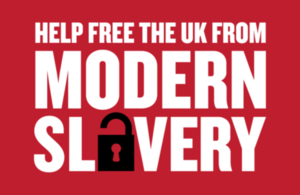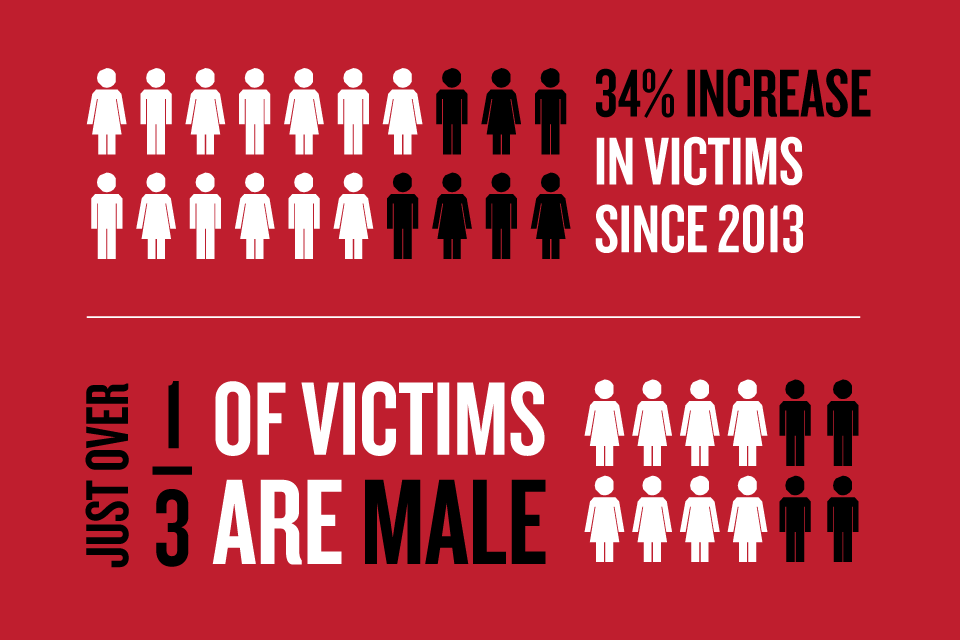Shoppers urged to think while they shop
Minister for Preventing Abuse and Exploitation urges consumers to think about the products they’re buying on Anti-Slavery Day.

Minister for Preventing Exploitation and Abuse Karen Bradley yesterday urged shoppers and businesses to mark Anti-Slavery Day by thinking about what they buy and who they do business with to help end modern slavery.
The Modern Slavery Act, the first of its kind in Europe, introduced protections for victims and harsher penalties for offenders, who now face up to life imprisonment if they are convicted of modern slavery offences.
A new world first transparency in supply chains provision will come into force under the Act from next month. The duty requires 17,000 businesses in Britain who have a turnover in excess of £36 million to set out their actions to tackle modern slavery.
Karen Bradley, Minister for Preventing Abuse and Exploitation, said:
Modern Slavery is an abhorrent crime that exploits the most vulnerable in our society. This government is committed to ending slavery, and businesses and consumers have a vital role to play.
The provision in the Modern Slavery Act will mean that businesses will, for the first time, be expected to be transparent about what they are doing to end modern slavery in their supply chain. This will give families across the UK the much needed information they need to make informed choices at the checkout.
As we mark Anti-Slavery Day, I call on everyone across the UK to think while you shop and do your bit to end modern slavery.
The UK’s focus on modern slavery is already delivering a safer system and allowing exploited people to come forward in search of help. 2,340 potential victims of slavery from 96 countries of origin were referred to the National Referral Mechanism in 2014, an increase of 34% since 2013.

Additional provisions within the Act came into force on 15 October, including:
- presumption of age, such that a potential victim who is believed to be a child can be given age-appropriate support even while uncertainty remains over their age
- changes to visa rules to ensure that overseas domestic workers who are victims of modern slavery can remain in the UK for at least six months
- updated guidance for law enforcement and other agencies on how to identify and support potential victims
A duty for specified authorities and law enforcement to notify the Home Office of potential victims of modern slavery will come into effect on 1 November.